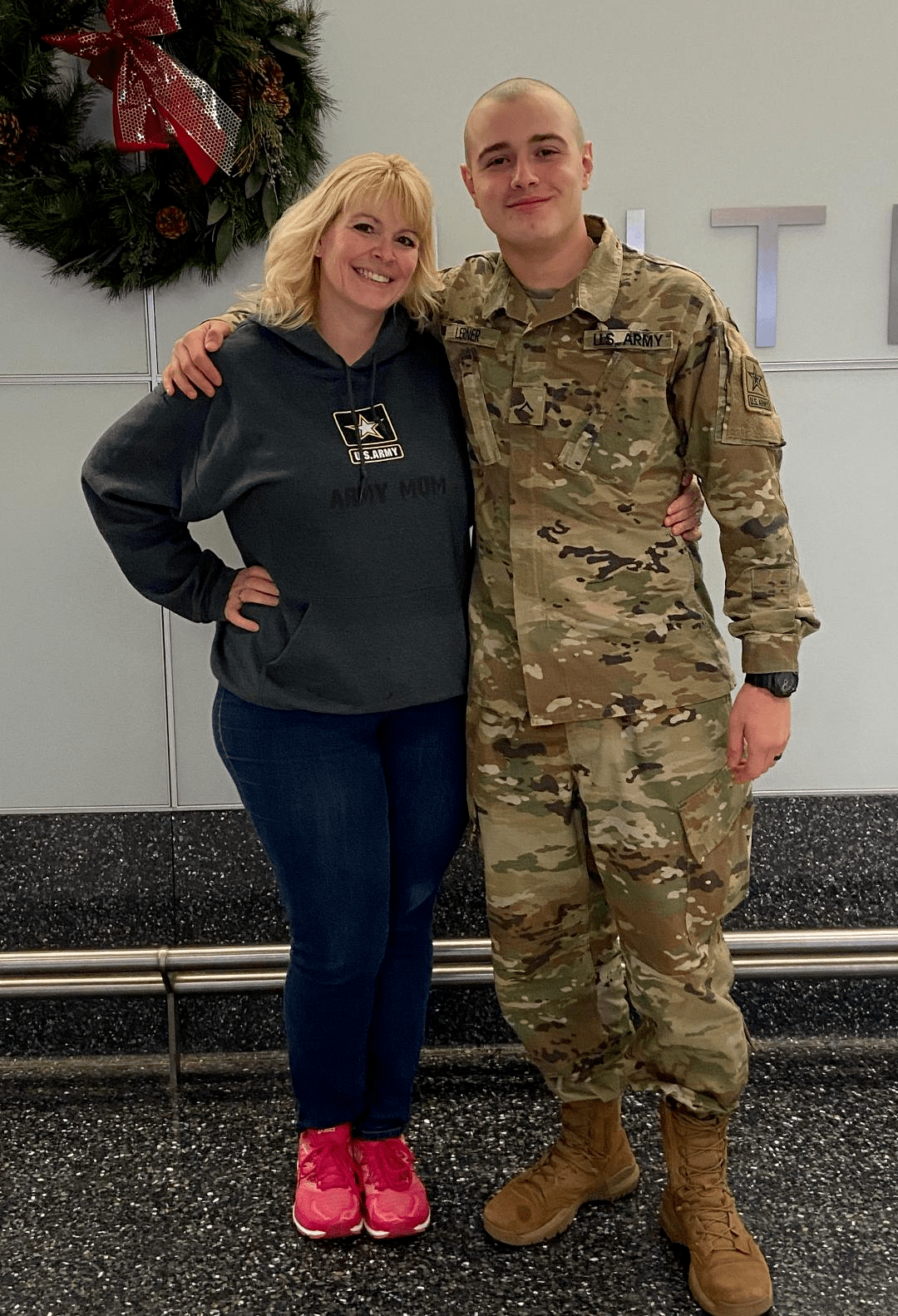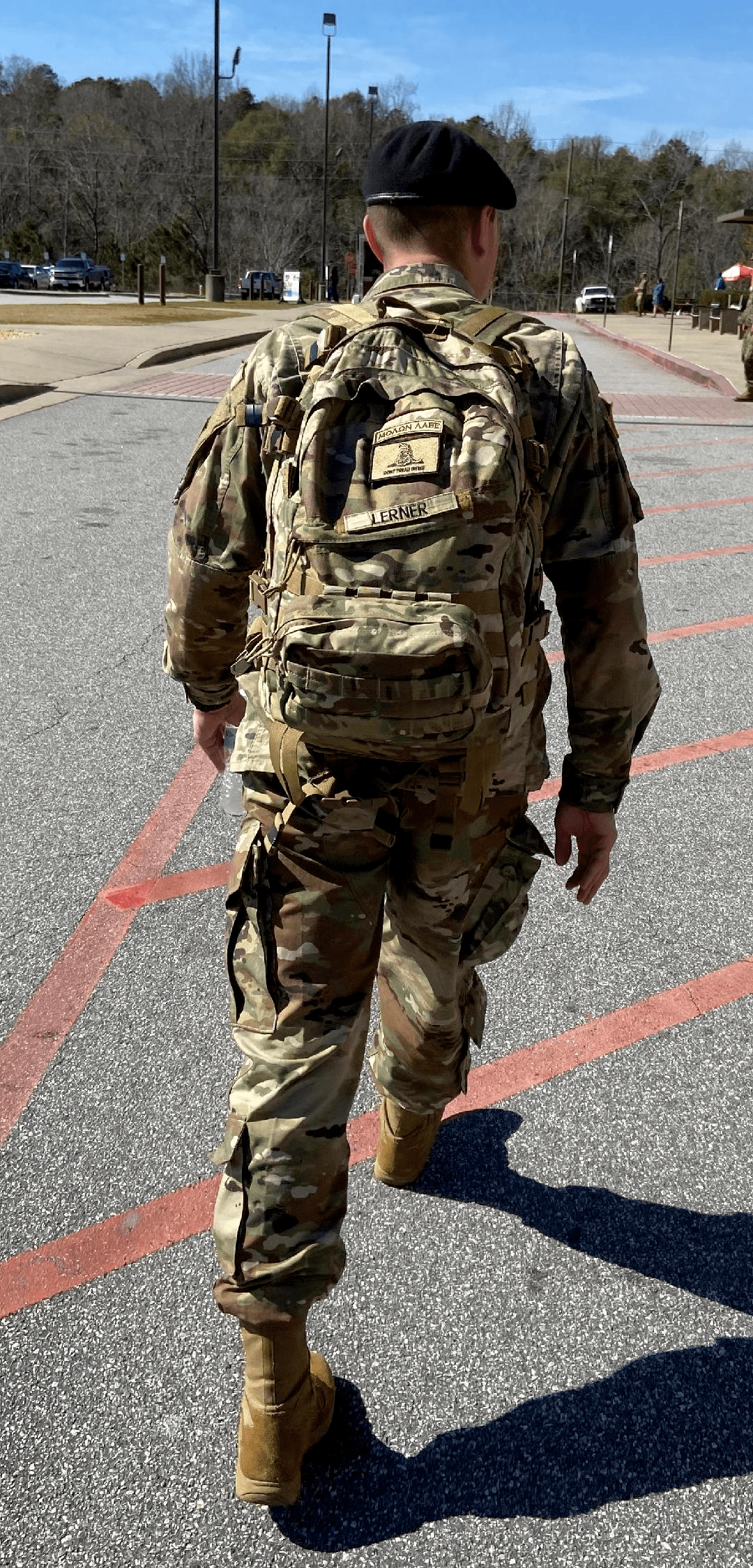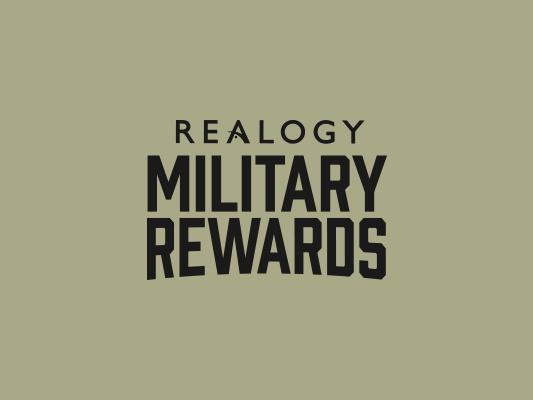Military service is a selfless journey filled with transformative experiences that shape the viewpoints and perspective of those who serve. In recognition of Veterans Day, we are pleased to showcase the unique experiences and wisdom imparted from military life. By sharing these personal stories, we hope to inspire more open and informed conversations about the rewarding aspects of military life, important life lessons learned and the meaning of sacrifice.
Military life is rewarding and hard for our active-duty military members and their families. To get a better perspective on both the gratifying and difficult aspects of military life, hear from Carriann Sillman, Vice President of Legal at Anywhere (a mom with her son serving in the Army), and Mary Tennison, Supervisor for Application Support within Realogy Title (Marines). Whether you are someone who has served, or know someone who has, we also hope that you will consider the suggestions from our featured contributors on how to better support military families year-round.
From each of your perspectives, what is one of the most rewarding aspects of military life? What is the hardest part?
“The most rewarding is the pride and appreciation for them and their family members for willingly making the sacrifice and the relationships they form with others who are experiencing the most challenging times they will face. Alternatively, the hardest part is knowing that they are on call anytime to sacrifice themselves for our country.” – Carriann Sillman
“The best aspect of military life was (and in my mind remains) opportunity. While it seems contrary given that military pay is not exactly competitive and not every person in the military cannot get exactly what they want when they want it, my experience was that if I worked hard enough and performed well enough, I had my choice of places to live (duty stations) and the work I wished to pursue within my assigned professional field. And once established, my free time was my own to with as I chose. Those options ranged from educational (college or military training) physical (a huge variety of gym and workout options) and travel – exploring every aspect of wherever I was stationed.” -Mary Tennison
Mary’s Experience Serving in the Military
Mary’s military service (1989-1996) is rather unique, enlisting as an “open contract”. Meaning that the Marines could assign me any Military Occupation Specialty (MOS) field from cook to heavy equipment diesel mechanic to chaplain’s assistant. Mary was sent to COBOL programming school and spent almost 8 years working in Information Technology learning a vast array of computer specialties. Mary engineered encrypted satellite/LAN and radio setups for deployed networks and managed international networking standards.
From her experience as a Marine, Mary’s perspective on serving is a positive one:
“The strongest learning experiences centered around how to work with and interact with people, how to come together to focus, collaborate and complete the missions. The wisdom I have from my time in the military centers in accountability and ownership.”
Mary Tennison
“If I have made a mistake, negatively impacted a system, a group of people, a process, I own my actions and work to correct the issue as well as working to prevent that from ever happening again. I take no offense when I am told I have made a mistake. My value is not centered solely in work product or an update I may have written. My value is more in my ability to adapt and learn and to improve my service to my customers. The faster I can recognize and own my own errors or shortcomings, the faster I can resolve issues the better for my team and for my customers.” -Mary Tennison
Carriann’s Perspective as a Parent with Her Son Serving
Carriann’s son joined the Army early on in his senior year of high school and left home less than 3 weeks after graduating. Non-military people didn’t understand what Carriann was going through, so she joined the Blue Star Moms. Aligning with other parents who understood the combination of feeling loss, pride and fear helped me through the 6 months until we could talk regularly. In these moments, it’s not about anything but ensuring he knows how proud we are and keeping him informed of even the most mundane things happening at home to keep him connected to home.
Although the acts of heroism of service members should not be overlooked, the sacrifice of their families must be appreciated, as well. From your point of view, can you please provide a better understanding of this honorable sacrifice?
“Being from a military family and now being the parent of a service member, one of the hardest parts is being relocated regularly or even the thought of deployment, as it often comes with little to no communication. You learn to really appreciate the time spent with family and spend the time in meaningful ways.”
Carriann Sillman
Tips for Lifting Up and Supporting other Military Members
Mary: A great deal of support comes simply from knowing it is needed and from empathy. While there are formal organizations in every branch of the US military that offer support to military families, learning about and finding those organizations can still be a challenge. Learning about what you can do locally, within your geographic location involved a commitment to learning about what is out there and making the connections, reaching out.
Carriann: Support your local Blue Star Family chapter as they help service members and the families of active-duty personnel, provide donations and help prepare care packages to deployed servicemen and women, volunteer to foster a pet through Dogs on Deployment.
Our Realogy Military Rewards program acknowledges the importance of ‘lifting others as you rise.’ What are a few of your tips on lifting up others that you learned along the way?
Mary: I think the single point that comes to mind is to reach out when you are down. While that seems counter-intuitive, it is as important to communicate your need as it is to respond to someone else’s with assistance when you are able. I have not achieved success in my life solely on when I was able to complete a task on my own. And I learned far more and grew that much more when I failed, asked for help, and was lifted up. And much like mental health in the U.S. today, there is a stigma to even admitting you might need help let alone actually asking for it. I’d advocate for asking for help as a best-practice and removing the crippling stigma of “independent work” that ends up leaving everyone drained.
Carriann: The biggest thing is to lend a comforting shoulder or a listening ear to a parent or family member who is struggling. You may not know what they are going through but give them that space to share what they are going through without judgment. Be positive and empathetic. Volunteer to write letters to their loved ones or offer to put a care package together for their loved one and their company members who are far away. Run/walk a 5k with a family member to show your gratitude (there are a variety of these offered throughout the year).
At Realogy Military Rewards, we appreciate and recognize those who serve today and did so in the past. We hope you found our featured contributor’s thoughts inspiring and learned of new ways of how you can support military members and families who need help within your communities.


often deal with – the “see you laters.”.






